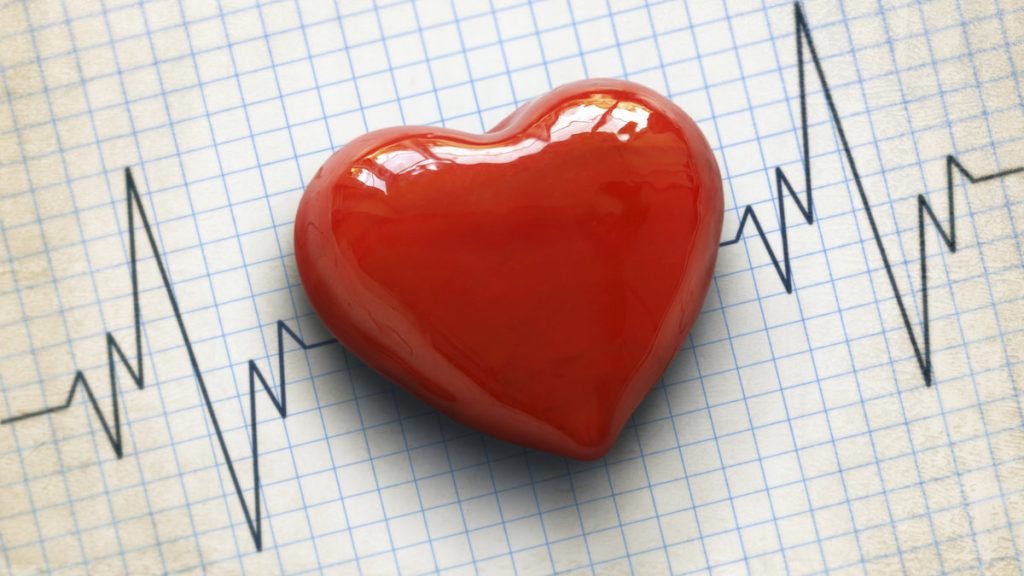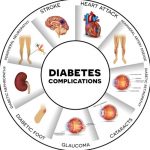Hypertension

Also known as high blood pressure, hypertension happens when the pressure in the arteries is above what is considered to be a normal range. Blood pressure is a measurement of the force the blood exerts on the arterial walls. There are many factors that can contribute to hypertension.
As a measurement, blood pressure is expressed as two numbers, for example 130/80. The top number represents the systolic blood pressure, aka the pressure exerted when the heart contracts; while the bottom number represents the diastolic pressure, aka the pressure when the heart relaxes.
High blood pressure contributes to the onset of atrial fibrillation via atrial enlargement and remodeling. A normal blood pressure is 120/80. Blood pressure is considered to be high when it is above 140/90 in people younger than 60-years old, and above 150/90 in people aged 60 years and over.
More from Things Health
-
Warning Signs That You Might Have Heart Issues
Heart disease has both genetic and environmental components, as it tends to run in families but can also be impacted by your lifestyle choices such…
-
Atrial Fibrillation
Arrhythmias occur when there's a problem with the heart electric system. In case of atrial fibrillation, the outcome is the upper chambers of the heart…
-
8 Health Conditions Caused By Diabetes
Chances you know someone who has diabetes, as it is a common disease that affects millions of North Americans. The two types of diabetes are…
-
10 Causes of Chest Pain That Are Not Your Heart
For many, an experience of chest pain leads to panic and the assumption that it must be related to the heart, worst-case scenario being a…
-
Causes and Risk Factors for Fibromyalgia
Fibromyalgia is best known as a pain disorder. As with other conditions, it can influence people in different ways. Although many experts in the field…






